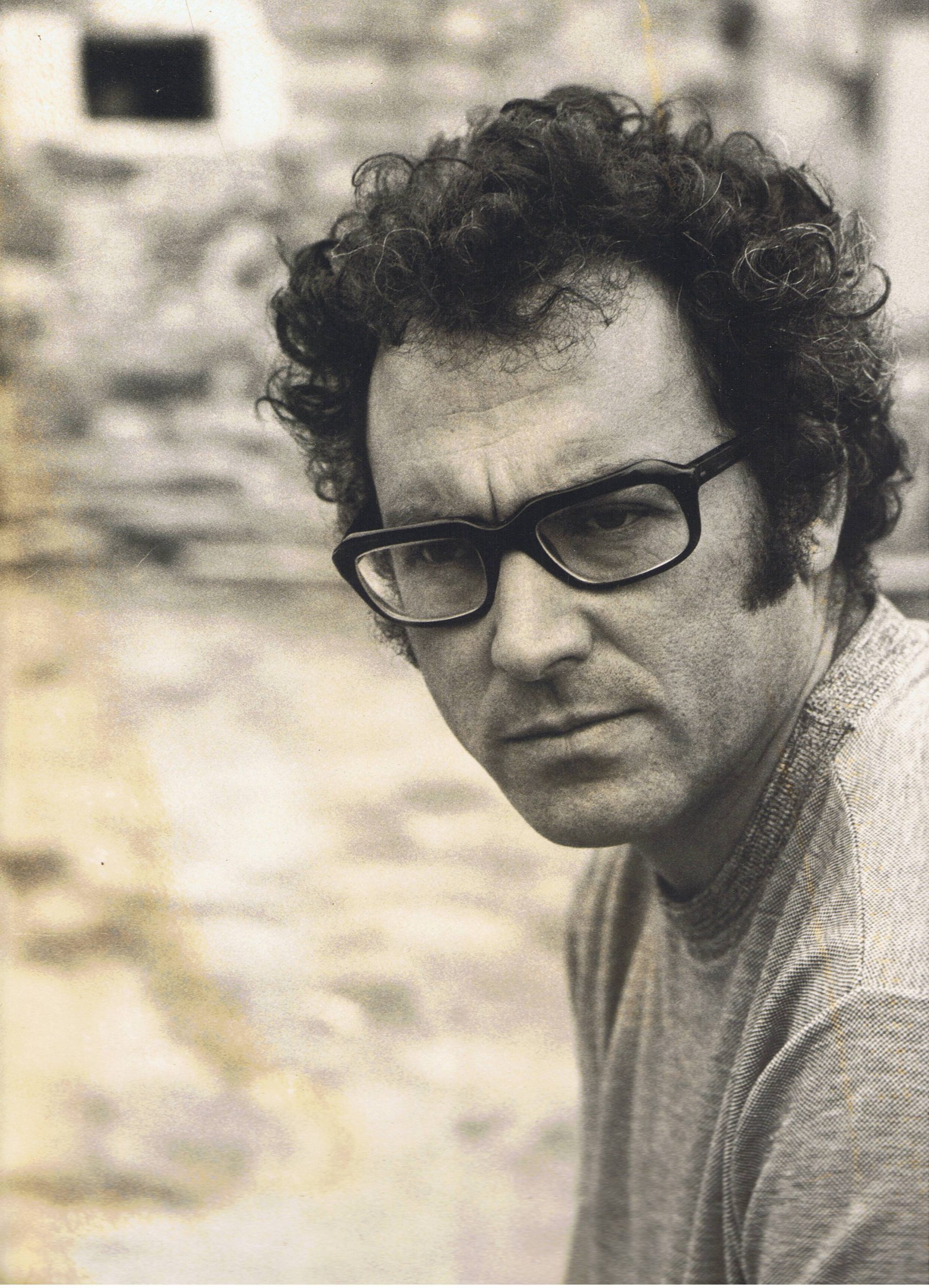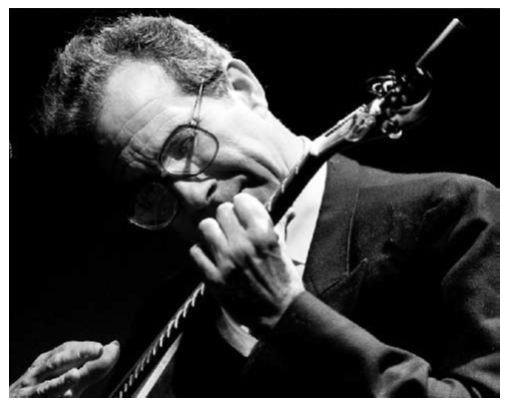Studio
3 Studios between 40 m2 and 50 m2, located on the ground floor and 3rd floors, for two people,
with a living room, dining area and fully equipped kitchen
Studio José Afonso
(004)
Apartments
Wi-Fi
2 Adults
TV
Who was José Afonso

José Manuel Cerqueira Afonso dos Santos (Aveiro, August 2, 1929 - Setúbal, February 23, 1987), was a Portuguese singer and composer. He is also known for the family name of Zeca Afonso.
Coming from the fado of Coimbra, he was a central figure in the movement for the renewal of Portuguese music that developed in the 1960s of the 20th century and extended into the 1970s, originating from it the famous intervention songs, with left content, against the Fascist Regime.
Zeca Afonso was indelibly associated with the overthrow of the Estado Novo, a regime of Salazar dictatorship in force in Portugal between 1933 and 1974, since one of his compositions, "Grândola, Vila Morena", was used as a password by the Movement of the Armed Forces (MFA) , commanded by the Captains of April, who established democracy, on April 25, 1974.
After his premature death in 1987, his songs continued to be recorded by numerous Portuguese and foreign artists.
Calcula-se que existam actualmente mais de 300 versões de canções suas gravadas por mais de uma centena de intérpretes, o que faz de Zeca Afonso um dos compositores portugueses mais divulgados a nível mundial.
José Afonso (1929-1987)
Studio Al Berto
(401)
Apartments
Wi-Fi
2 Adults
TV
Who was Al Berto

Al Berto, pseudonym of Alberto Raposo Pidwell Tavares (Coimbra, January 11, 1948 - Lisbon, June 13, 1997), was a Portuguese poet, painter, editor and cultural animator.
Born into a family of the upper bourgeoisie (English origin by the paternal grandmother). He lived in Alentejo, in the city of Sines, childhood and adolescence, until the family decided to send him to the artistic teaching establishment Escola António Arroio, in Lisbon.
On April 14, 1967, a military refractory, he moved to Belgium, where he studied painting at the École Nationale Supérieure d'Architecture et des Arts Visuels (La Cambre), in Brussels. After completing the course, he decided to abandon painting in 1971 and dedicate himself exclusively to writing.
During that period he lived in a community of hippie artists and, following a connection with a Belgian girl, he would have fathered a child.
He returns to Portugal on November 17, 1974 and writes the first book entirely in the Portuguese language, À Busca do Vento um Jardim d’Agosto.
O Medo, an anthology of his work from 1974 to 1986, is published for the first time in 1987. This became the most important work of his work and his definitive artistic testimony, being added in later editions new writings by the author, even after his death.
He also left incomplete texts for an opera, for a photography book about Portugal and for a “false autobiography”, as the author himself called it.
Al Berto died in Lisbon, on June 13, 1997, of lymphoma, at the age of 49.
Al Berto (1948-1997)
Studio Carlos Paredes
(402)
Apartments
Wi-Fi
2 Adults
TV
Who was Carlos Paredes

Carlos Paredes (Coimbra, February 16, 1925 - Lisbon, July 23, 2004) was a Portuguese composer and guitarist.
He was one of the main responsible for the dissemination and popularity of the Portuguese guitar, having also been a great composer. It is considered as one of the unique symbols of Portuguese culture.
In addition to the influences of his ancestors-father, grandfather and uncle, having been the father, Artur Paredes, the great guitar master of Coimbra - Paredes maintained a coimbrão musical style, his guitar was from Coimbra and the tuning itself was from Fado of Coimbra. His life in Lisbon marked him and inspired many of his themes and compositions.
He became known as The Master of the Portuguese guitar or The man with a thousand fingers.
Carlos Paredes (1925-2004)

